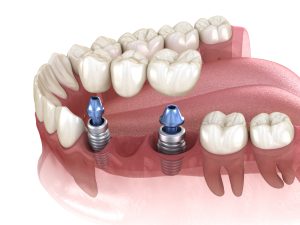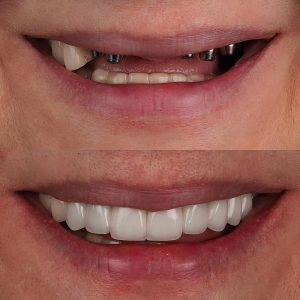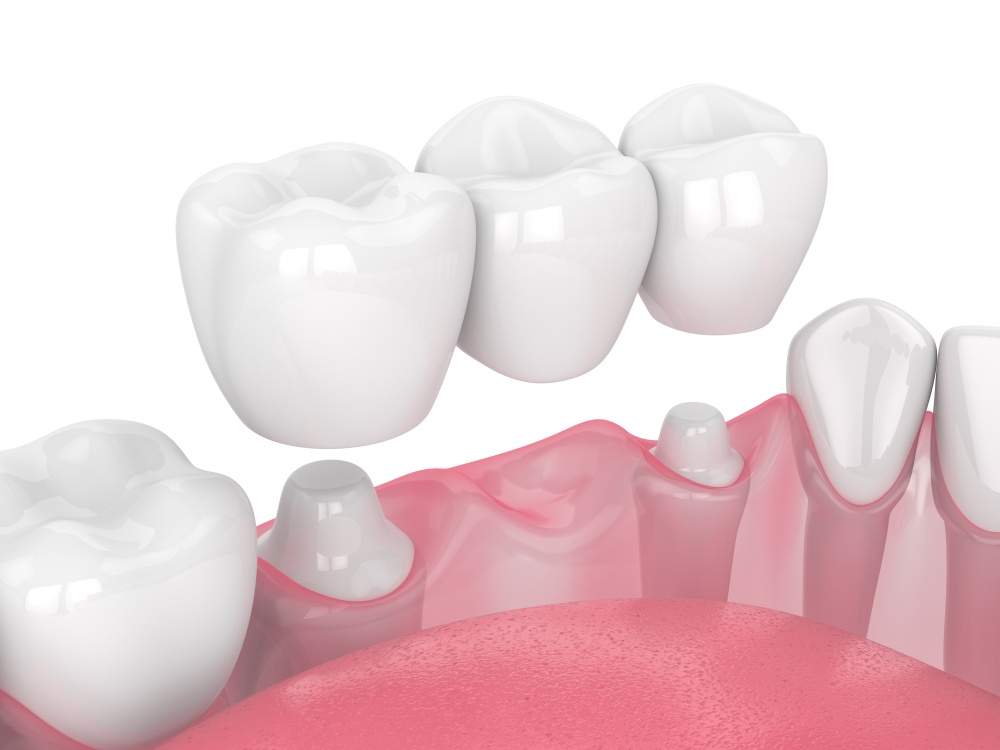Revolutionizing Dental Restoration in Seattle, WA
Dental technology continues to advance, offering patients more effective and long-lasting solutions for tooth replacement. For individuals struggling with multiple missing teeth, implant-supported bridges represent a groundbreaking approach that transcends traditional bridgework. At Maring Surgical and Dental Implant Center, we specialize in delivering cutting-edge dental surgical techniques that transform smiles and improve your quality of life.
Schedule your consultation with our Seattle oral surgeon at 206-343-7500. We proudly serve the surrounding areas of Bellevue, Kirkland, Mercer Island, and Medina.
Dental Implant-Supported Bridges: A Modern Solution

Who Benefits Most from Implant-Supported Bridges?
- Patients with multiple missing teeth
- Individuals seeking a permanent tooth replacement solution
- Those looking to prevent bone loss and maintain facial structure
- Patients wanting a natural-looking and functioning dental restoration
Our husband-and-wife team, Dr. Thomas Maring and Dr. Susan Maring, provides comprehensive evaluations to determine the most suitable approach for each patient’s unique needs. Call our Seattle oral surgeon at 206-343-7500 to schedule your personalized consultation and discover how implant-supported bridges can transform your oral health.
Traditional Bridges vs. Implant-Supported Bridges
Structural Support: A Critical Difference

Comparative Impact on Surrounding Teeth:
- Traditional Bridge: Requires cutting down healthy adjacent teeth
- Implant-Supported Bridge: Preserves all surrounding teeth completely
Bone Health Considerations
One of the most significant drawbacks of traditional bridges is their inability to prevent bone loss. When a tooth is missing, the underlying jawbone begins to deteriorate due to a lack of stimulation. Traditional bridges sit on top of the gum line, doing nothing to address this fundamental issue.
Implant-supported bridges solve this problem by mimicking natural tooth roots. The dental implants stimulate the jawbone, helping to maintain bone density and preventing the facial structure changes associated with bone loss. This means patients maintain their natural facial contours and prevent the sunken appearance that often accompanies long-term tooth loss.
Longevity and Cost-Effectiveness
Implant-supported bridges can last significantly longer than traditional bridges when they are cared for properly. Let’s break down the long-term considerations:
Traditional Bridge Challenges
- Requires replacement sooner than implant-supported bridges
- Continuous stress on supporting teeth
- Potential for decay to start at the margin where the crown meets the tooth.
- Initial lower cost, but higher long-term expenses
- Weakening of the supporting teeth because the natural tooth structure must be removed.
Implant-Supported Bridge Advantages
- Longer lifespan
- No additional stress on surrounding teeth
- Prevents bone loss, limiting the need for bone grafting treatment
- Higher initial investment with lower long-term maintenance costs
Functionality and Comfort

Key Functional Differences
- Bite Strength: Implant-supported bridges provide better bite strength when compared to traditional bridges
- Stability: Firmly anchored with minimal movement
- Cleaning: Just like your natural teeth, daily home care and professional cleaning visits are required
Transform Your Smile Today with Maring Surgical and Dental Implant Center!
Located in the heart of downtown Seattle, we are your premier destination for advanced oral surgery and dental implant solutions. Our collaborative approach and specialized expertise set us apart, offering patients comprehensive care that addresses both functional and aesthetic dental needs.
Call 206-343-7500 or visit our downtown Seattle dental office to learn how implant-supported bridges can restore your smile and confidence.
